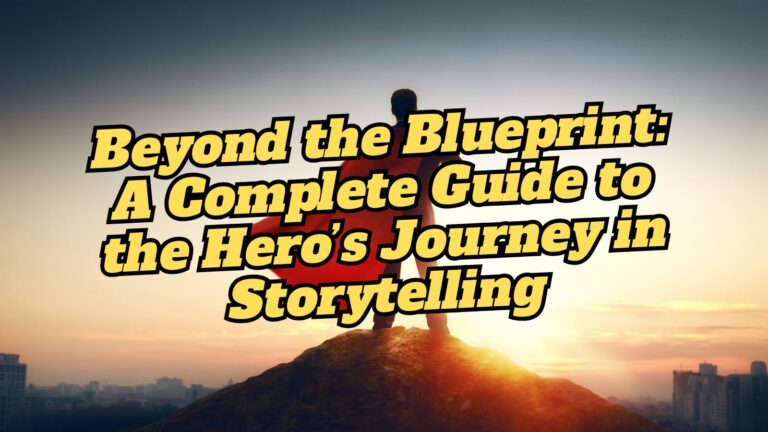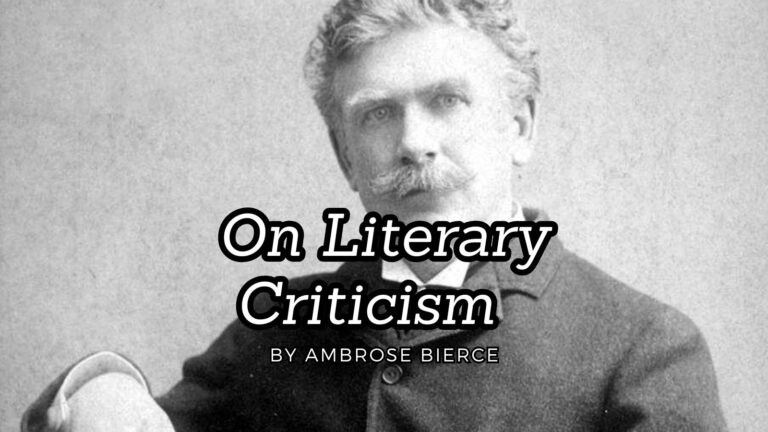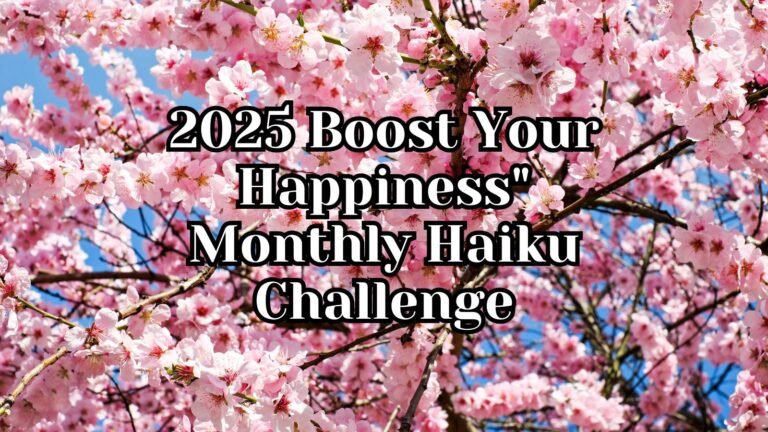Writing Resources
Here is our list of “Help Me Write” resources. This is a detailed list of workshop writing resources. That means this is help on a the page. We want to grow this list, so if you know other resources that you fell should be on this list, please list them in the comments, and I will add them to the list!
One Look Reverse Dictionary http://onelook.com/reverse-dictionary.shtml
Here you can put in a phrase or a concept and the computer will return a word that is defined by your phrase. It’s very helpful when you have tip-of-the-tongue, and it is helpful if you have a concept but not a word. Happens to writers all the time.
Visuwords http://www.visuwords.com/
Here is a tool that will let you create a map of your ideas. It’s great for being able to see where all your small and larger ideas come together. What do the ideas in your novel have in common?
Definr http://definr.com/

A very good online dictionary. It is gives you suggestions as you write, and once you decide on a word it gives you a good definition. Great if you can’t spell the word you want to define.
OneLook http://www.onelook.com/
An online tool that will give you a long and through list of definitions for works including words associated with it.
Copywriter 101 from Copyblogger http://www.copyblogger.com/copywriting-101/
Some very detailed tips on writing from Copy Blogger.
Dr. Grammar http://www.drgrammar.org/frequently-asked-questions
Here is a long list of some common errors writers make. They are indexed well, so if you have a question about writing, start here.
Good reads for writers
Word Court/back page http://www.theatlantic.com/doc/by/barbara_wallraff
This is the link to the back page editor of The Atlantic Monthly. Anyone who has read the magazine knows that the last page usually has an article on words and usage or Q&A about words. You can’t search the index, unfortunately, so it turns out to be more of a fun read rather than research. You can search the full magazine, but again you have to search through ALL the available articles to find what you are looking for. If you are unfamiliar with “word court” here is an example question:
ARAN JOHNSON, of Oakland, Calif., writes: “I am working on a Web site for an organization filled with grammar police. We created a banner ad that says ‘Plug Into Progressive California’ and have just launched it, but we suddenly find ourselves filled with doubt. Is it plug into or plug-in to?”
You can read the answer at:
http://www.theatlantic.com/doc/200606/word-court
Librivox http://librivox.org/
I love Librivox! Basically this site gives you access to books that are read out loud. This means you can download the audio and create your own audio book. Many of classics are represented on the lists.
Project Gutenberg http://www.gutenberg.org/wiki/Main_Page
The best source of publicly available full text manuscripts on the web. If you have a palm and Microsoft reader you have all the e-books you want, but honestly the most I use this site for is to look up quotes from author’s when I do not have the book handy. It’s connected to Librivox, so if you want to read along with your audio, here’s the source.
Research for Writers
Encyclopedia Mythica http://www.pantheon.org
This is the best mythology resource on the web. It deals with classic mythology as well as Native American and other cultures. It is easy to search and find exactly what you are looking for. Truly an outstanding resources for writers and poets.
Hoax busters http://hoaxbusters.ciac.org/HBSearch.html
These guys have been around for awhile debunking the internet gossip. Sometimes I hear wild stories that I would like to incorporate into fiction I’m writing. I believe I treat my “found” story differently if I believe it to be true. Great site for debunking.
Urban Legend References page: http://www.snopes.com/
Has been clearing up email fraud and campfire stories since 1995. Much like Hoaxbusters it gives you background on many of the “happening” stories today. I have debunked many email fishing scams just by running it through this site.
Urban Dictionary http://www.urbandictionary.com/
“Handy” is the European slang for Cellular phone, according to UD’s May 8th entry. This is a great resource to have for dialogue or even looking up the incorrect version of what you characters are trying to say.
- A Complete Guide to the Hero’s Journey in Storytelling (Free Worksheet) - April 10, 2025
- On Literary Criticism by Ambrose Bierce - April 9, 2025
- 2025 “Boost Your Happiness” Monthly Haiku Challenge - April 9, 2025






